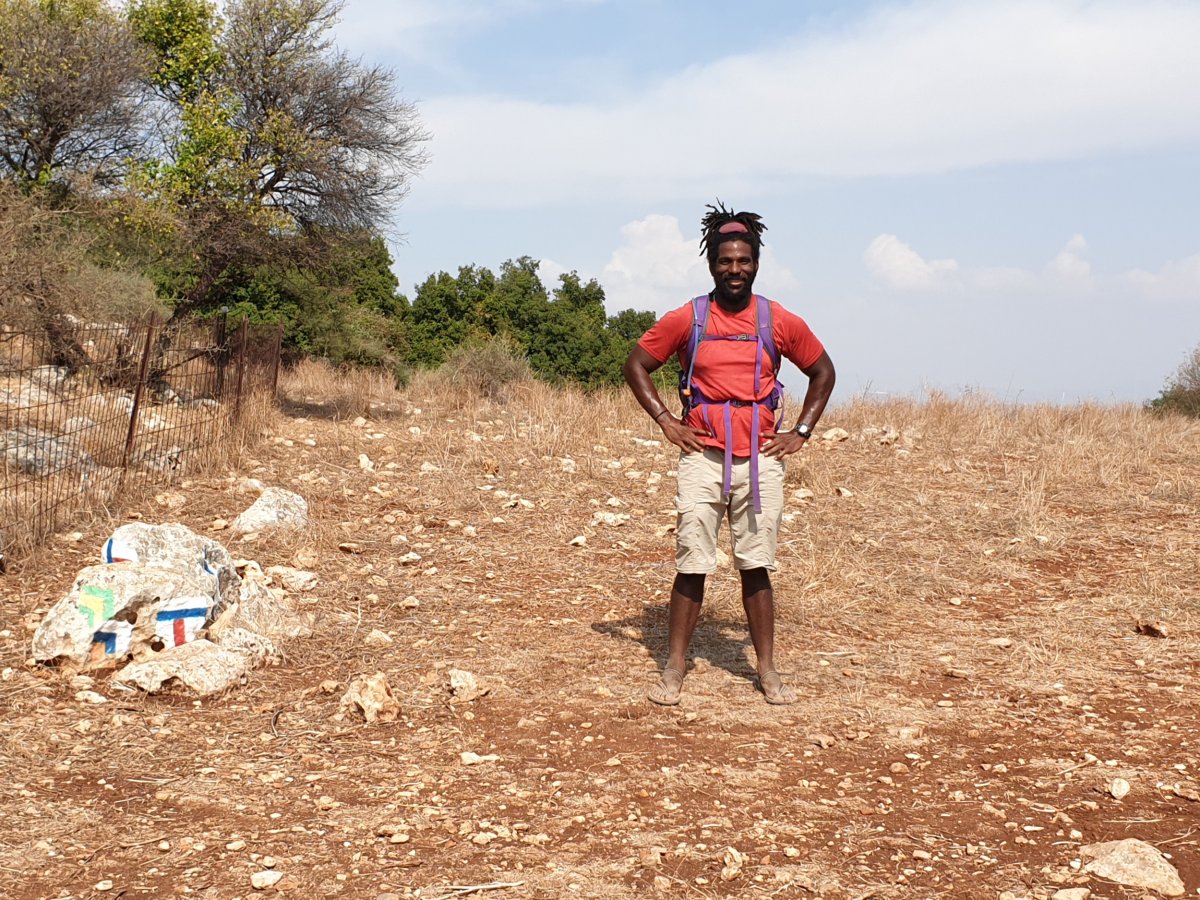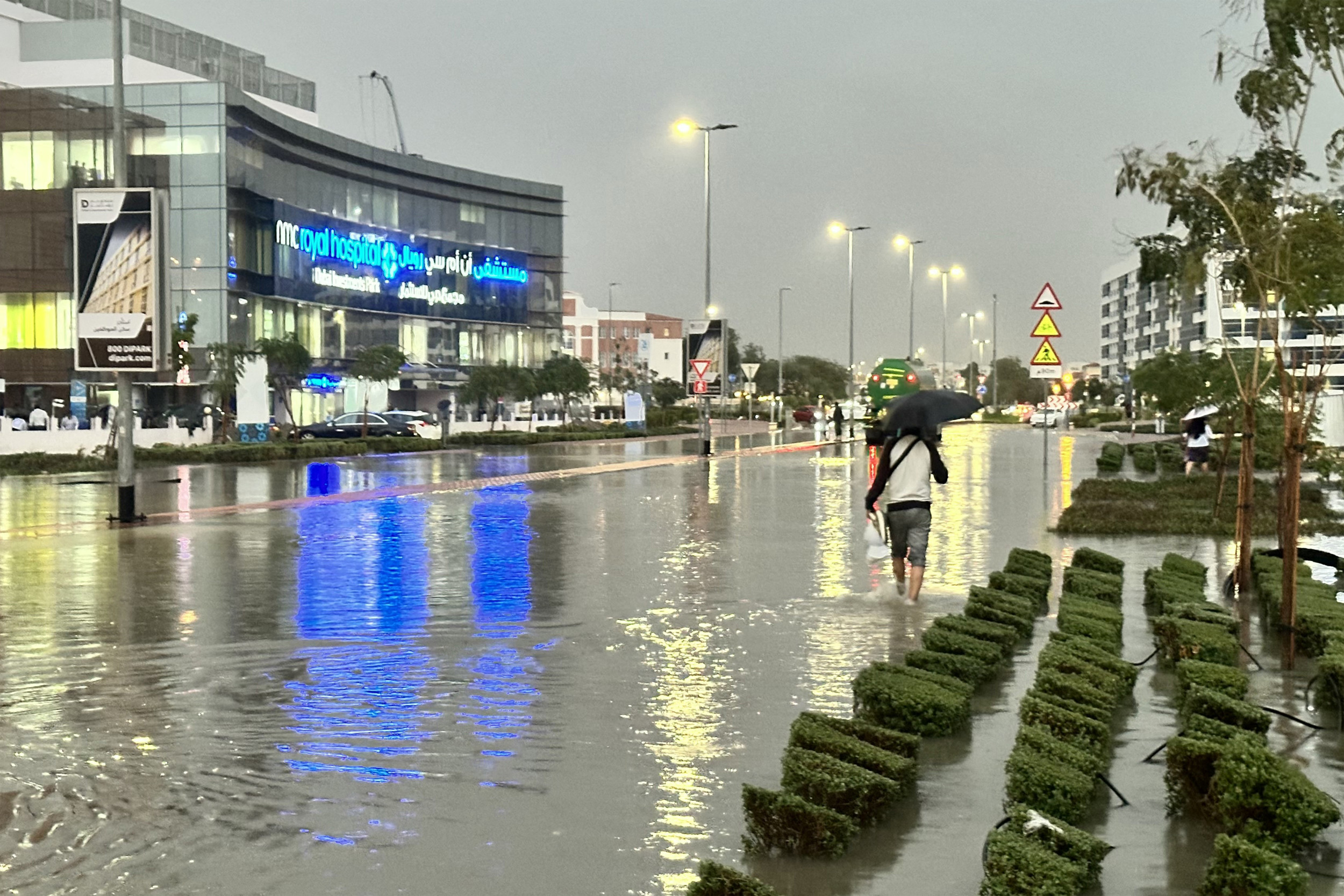Every day, I remember that I ruined my life. As I write this a decade after my release from prison, I am still suffering daily for my past mistakes. I am a Black man with a felony. This is my life. It is the life of one third of the Black men born in America.
If you are a liberal, you will feel angry reading my story. There is a new awareness about the injustices of our criminal justice system. And yet, even while the culture has come to realize how important second chances are, we are also currently living through a wave of recriminations in the form of "cancelations"—people losing their livelihoods over social crimes and misdemeanors. And often those doing the canceling are the very people who might feel the angriest about my story.
I want to tell you my story, so I can implore you to be kinder to each other.
My own "cancelation" happened long after I served two years in prison for unlicensed dealing of firearms and distributing oxycodone. It happened when I applied to graduate school in physical therapy at the University of Florida, and I was denied the right to register for classes, bringing my academic career to an abrupt halt.
I had initially been offered a place in the program, thanks to my 4.0 GPA, the business I ran, my community service and recommendation letters from community leaders. These included a rabbi, a police officer and an assistant attorney general.

I accepted the offer and was exuberant for the next stage of my journey. I honestly believed that the person who I had become outweighed my past mistake. I had paid my debt to society. I had come a long way from the halfway house, with no money, no food and no hope. I was living proof that it was possible for a Black man to advance, despite a felony conviction. I could give hope to other Black men struggling to become productive members of society.
And then that hope was stolen. After accepting me, the university reconsidered, deeming me "ineligible for admission." I tried to fight back, but it was to no avail.
I will never forget the footer on the letter that informed me of their decision to reject me: "The Foundation for the Gator Nation, An Equal Opportunity Institution." The phrase amplified the pain of the rejection. Where was my equality?
I wasn't really free after leaving prison. I had been sentenced to "life without opportunity" along with millions of other Black men.
My story should outrage you. It's a perfect example of systemic bias and racism in our society. The American justice system promises to provide rehabilitative justice, and instead brands Black men as irredeemable.
And yet, all too often of late, I am seeing others receive similar treatment in the name of social justice. I see people in the name of progress forcing the same fate upon others that society has forced upon me. It seems like there are massive social condemnations and recriminations when someone is accused of crossing a line. I see people rallying against these people, demanding that their opportunities be taken away, now and forever.
I saw it happen to Majdi Wadi over his teenage daughter's past social media posts. I saw it happen when Apple fired Antonio Garica-Martinez over a line from his 2016 book. I saw it happen with the removal of six Dr. Suess books for their insensitive portraits of people of color. I saw it happen to Dr. Rima Azar over comments on her blog. I saw it happen over and over at the New York Times. It's even happened to Abraham Lincoln.
And every time I read about someone being canceled, I find myself asking: What has the repeated raining down of wrath on alleged thought criminals done to improve the lives of millions of Black ex-felons who have been, and are still, oppressed daily?
I agree that people should be held to account for their actions. But they must also be given the opportunity to change. We need a culture of reform, not outrage in our society. This is true for convicted criminals, and it is true for anyone who makes a mistake.
When we don't allow ex-cons opportunities, we push them towards more criminal behavior. If we do not allow forgiveness, we push people to desperation. And in doing so, we become partially responsible for their future sins.
We need to take the power and energy that is being used to destroy people's lives and redirect it to building up the oppressed.
If I could have gotten a fraction of the army fighting to enforce "cancel culture" to fight for me when I was discriminated against by the University of Florida, I would be a physical therapist today.
We need you to stand up for us while we can still breathe.
David Ben Moshe is a writer, speaker and fitness coach, he writes about social justice, fitness and Israel, he is currently working on a memoir of his journey from Federal Prison to Israel where he lives with his wife and two children.
The views in this article are the writer's own.
Uncommon Knowledge
Newsweek is committed to challenging conventional wisdom and finding connections in the search for common ground.
Newsweek is committed to challenging conventional wisdom and finding connections in the search for common ground.
About the writer
To read how Newsweek uses AI as a newsroom tool, Click here.








